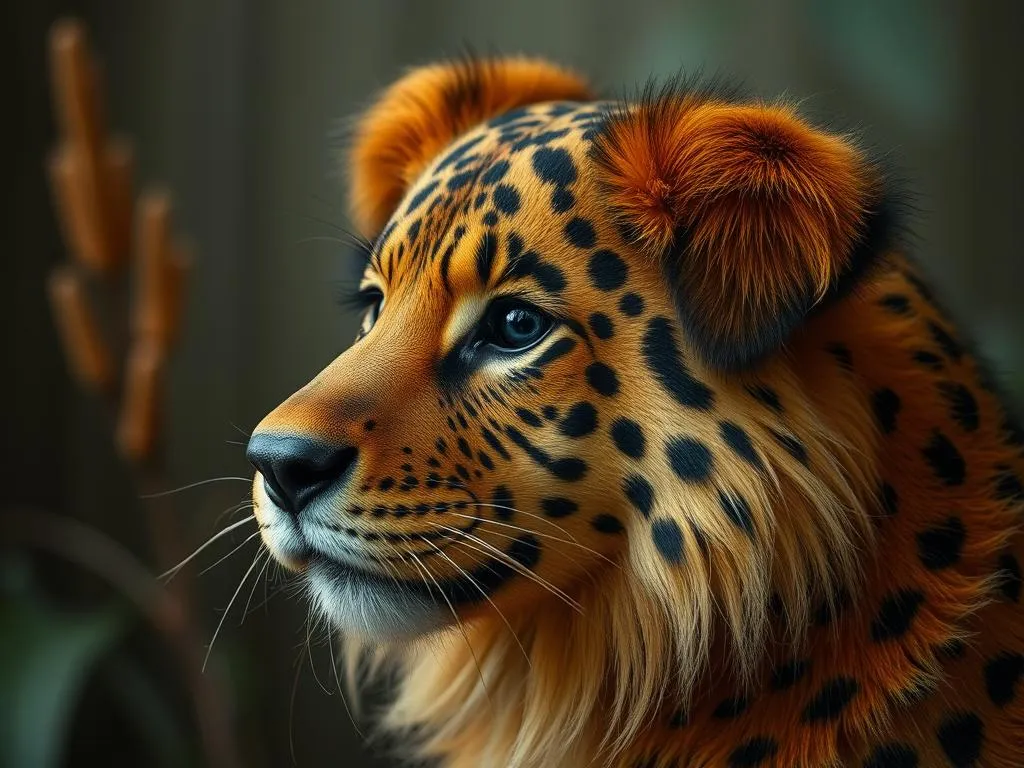
Understanding dog breeds is essential for anyone considering bringing a furry friend into their home. Each breed has its own unique characteristics, temperament, and care requirements, which can significantly impact a potential owner’s lifestyle. Among the many designer breeds that have gained popularity in recent years, the Bascottie stands out for its charming looks and friendly disposition. This article will delve into the fascinating world of the Bascottie, from its origins to its care needs, training, health considerations, and more.
Understanding Dog Breeds
Definition of Dog Breeds
A dog breed is defined by specific physical and behavioral traits that are distinct from other breeds. These traits can include size, coat type, temperament, and health risks. Understanding these characteristics is crucial for potential dog owners, as they help determine compatibility with the owner’s lifestyle and environment.
Why Dog Breeds Matter
Choosing the right breed is vital for ensuring a harmonious relationship between the dog and its owner. Different breeds have varying exercise needs, grooming requirements, and temperaments, which can affect how well they fit into different households. Additionally, certain breeds are predisposed to specific health issues. Awareness of these factors can lead to more informed decisions and healthier, happier dogs.
Introducing the Bascottie
What is a Bascottie?
The Bascottie is a delightful designer breed resulting from the crossbreeding of the Basset Hound and the Corgi. This unique blend combines the short stature and playful nature of the Corgi with the laid-back demeanor of the Basset Hound. The Bascottie’s lineage contributes to its endearing personality and distinctive looks.
Physical Characteristics
Bascotties are typically small to medium-sized dogs, weighing between 25 to 40 pounds. They often stand around 10 to 15 inches tall at the shoulder. Their coat is usually short and dense, coming in various colors, including fawn, black, brown, and combinations of these. One of the most distinctive features of the Bascottie is its long, floppy ears and a sturdy, elongated body reminiscent of its parent breeds.
Temperament and Behavior
Bascotties are known for their friendly and affectionate nature. They are generally good with children and can adapt to diverse living situations, making them suitable companions for families, singles, or seniors. Their intelligence and eagerness to please make them relatively easy to train, although some may inherit a stubborn streak from their Basset Hound ancestors. Social and playful, Bascotties thrive on companionship and enjoy being part of family activities.
Care Requirements for Bascotties
Grooming Needs
Bascotties typically require moderate grooming. Their short coat does not mat easily, so brushing once a week is usually sufficient to keep it looking healthy. Regular nail trimming is essential to prevent overgrowth, and routine ear cleaning will help avoid infections, especially given their floppy ears.
Exercise and Activity Levels
Though Bascotties are not overly energetic, they do require daily exercise to maintain a healthy weight and promote overall well-being. A brisk walk or playtime in the yard for about 30 minutes a day is ideal. Engaging in interactive games like fetch or agility exercises can also help stimulate their minds and keep them physically fit.
Nutrition
A balanced diet is crucial for Bascotties, as their unique body structure can predispose them to weight gain. High-quality dog food tailored to their age, size, and activity level is recommended. Owners should be cautious with treats and human food, focusing on healthy options to support their dog’s nutritional needs.
Training a Bascottie
Basic Obedience Training
Early training is vital for Bascotties, as it helps establish good behavior patterns and strengthens the bond between dog and owner. Positive reinforcement techniques, such as praise and treats, work best for this breed. Commands like sit, stay, and come should be introduced gradually to ensure understanding and compliance.
Socialization
Socializing Bascotties from a young age is essential to help them develop into well-adjusted adults. Exposing them to various environments, people, and other animals can reduce fearfulness and aggression. Puppy classes and playdates with other dogs can provide excellent opportunities for socialization.
Common Behavioral Issues
Like any breed, Bascotties may exhibit some behavioral challenges. Potty training issues, separation anxiety, and stubbornness can arise if not addressed early. Consistent training, plenty of socialization, and mental stimulation can help mitigate these behaviors.
Health Considerations
Common Health Issues
Bascotties may inherit health issues from their parent breeds, including hip dysplasia, obesity, and certain eye conditions. Regular veterinary check-ups are essential to monitor for these potential health risks. Awareness of these issues allows owners to take preventative measures and seek treatment as needed.
Preventive Care
A regular vaccination schedule is vital for maintaining a Bascottie’s health. Owners should work closely with their veterinarian to ensure their dog receives all necessary vaccinations and preventative treatments, such as flea and tick control.
Lifespan and Aging
The average lifespan of a Bascottie ranges from 12 to 15 years, similar to its parent breeds. As dogs age, their care needs may change. Owners should be prepared to adjust their dog’s diet, exercise, and healthcare routine to accommodate the needs of an aging dog.
Choosing the Right Bascottie
Finding a Reputable Breeder
When looking to add a Bascottie to your family, it’s crucial to find a reputable breeder. Responsible breeders prioritize the health and well-being of their dogs and conduct health screenings on their breeding stock. Potential owners should ask about the puppy’s lineage, health clearances, and socialization practices.
Adoption vs. Buying
Adopting a Bascottie from a shelter can be a rewarding experience. Many dogs in shelters are in need of loving homes, and adopting can often be more cost-effective than buying from a breeder. However, prospective owners should weigh the pros and cons of each option and consider their own preferences and circumstances.
Cost Considerations
The initial cost of acquiring a Bascottie can vary widely depending on whether you adopt or purchase from a breeder. In addition to the purchase or adoption fees, potential dog owners should also consider ongoing expenses, such as food, grooming, veterinary care, and supplies.
Conclusion
The Bascottie is a unique and endearing breed that combines the best traits of the Basset Hound and Corgi. With proper care, training, and attention, these dogs can become cherished family members. Prospective owners should consider their lifestyle and the specific needs of a Bascottie to ensure a harmonious living environment. Responsible dog ownership is key to a rewarding relationship with your canine companion.
In summary, understanding the Bascottie and its care requirements is essential for any potential owner. This breed offers a blend of loyalty, affection, and adaptability that can enhance any household. By considering lifestyle compatibility and committing to responsible ownership, you can provide a loving home for this delightful breed.









